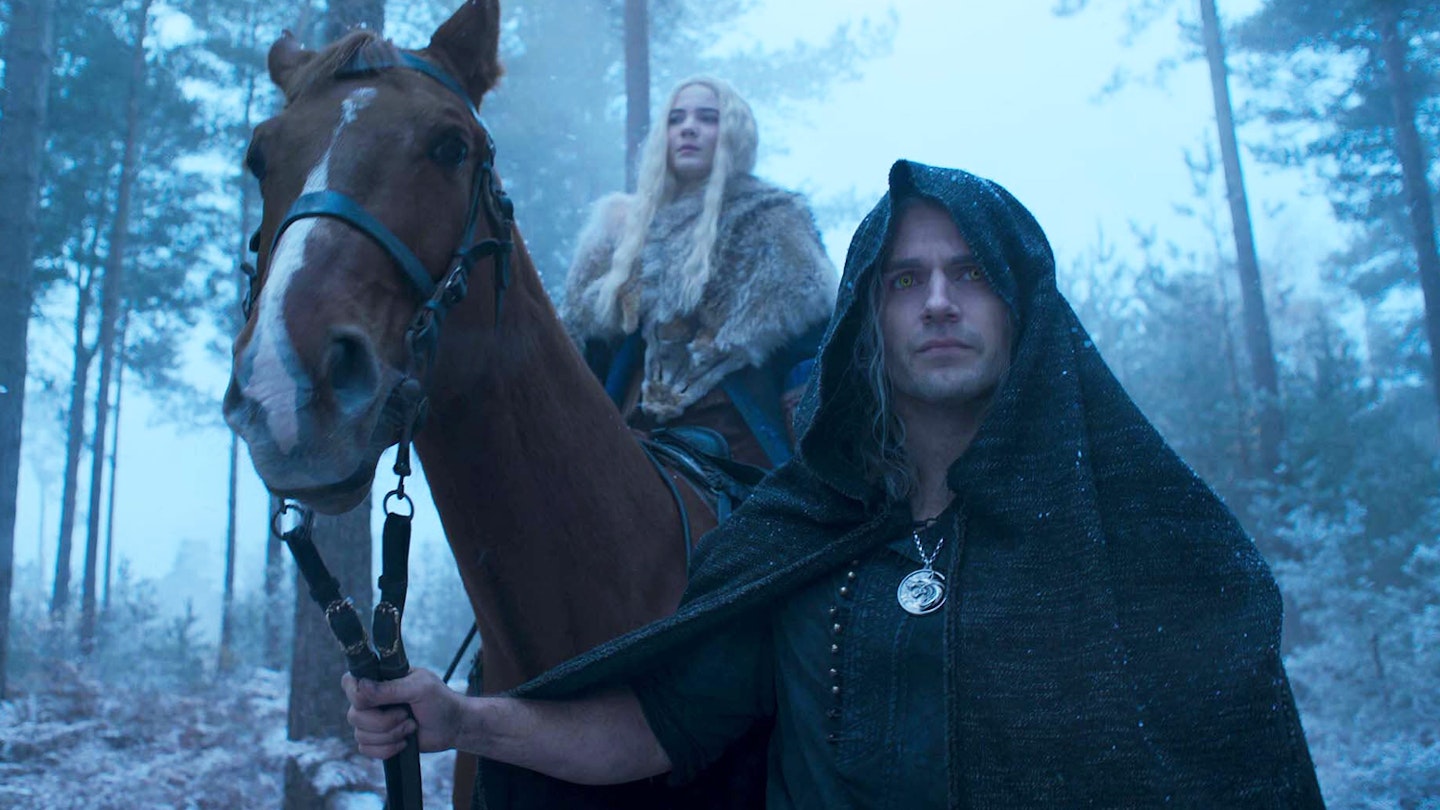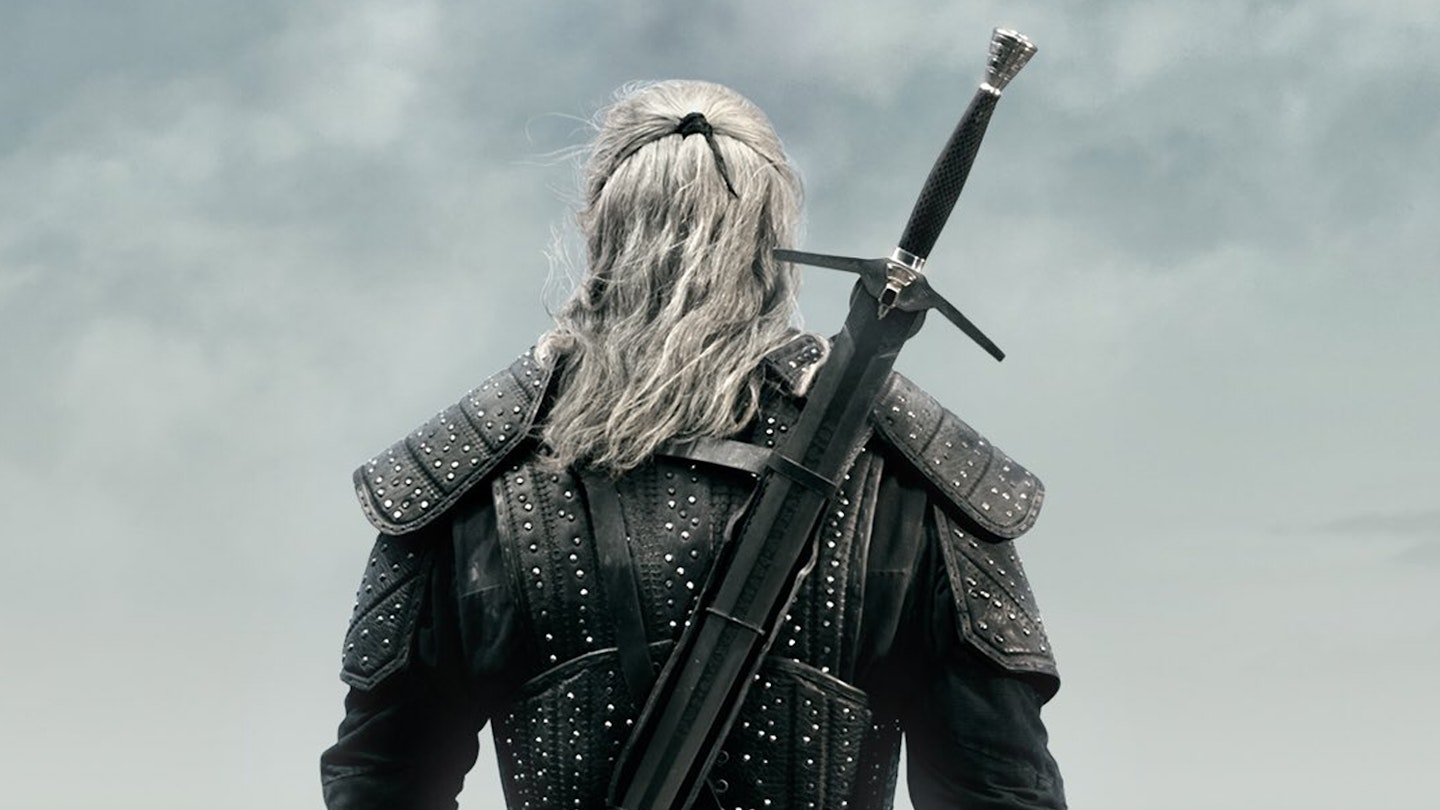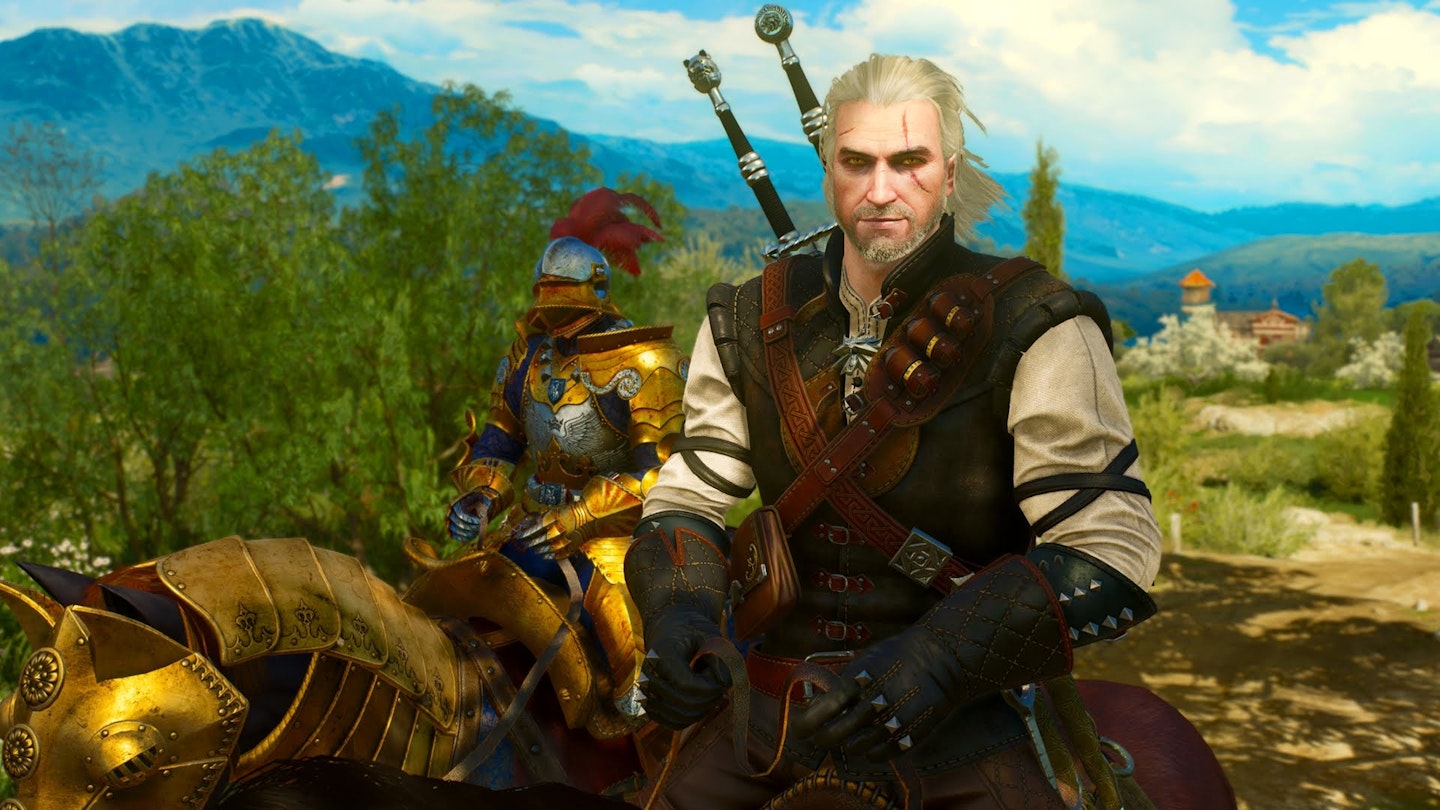To some, big, heavyweight open-world RPGs represent the pinnacle of gaming. Few things banish the mundanity of the daily grind more effectively than the temporary chance to live the vicarious life of a fictional character in a virtual fantasy world. The Witcher III: Wild Hunt is the latest epic to offer exactly that, and its about as big and heavyweight as games get: developer CD Projekt Red claims that, if you perform all its quests, and explore every inch of its voluminous game-world in search of hidden objects, there could be a mind-blowing 200 hours of gameplay on offer.
The first two Witcher games went somewhat under the radar: CD Projekt Red is Polish, and therefore not hugely high-profile, and its main priority was the PC, rather than the consoles. The Witcher III: Wild Hunt, though, marks the franchises coming of age. In certain respects, its quite traditional. You play Geralt of Rivia, a witcher which means he has been genetically enhanced, to make him good at killing beasts. Because of that, you cant alter his appearance, and the game dispenses with different classes (so you cant, say, play as a mage). But Geralt is a great all-rounder, possessing plenty of skill with swords and fists, and magic-like witcher powers called Signs that allow him to shoot flame from his hands, influence other characters minds, shield himself and set magic traps.
The Witcher IIIs overarching plotline concerns Geralts search for Ciri, seen at the start in flashback as a teenage girl being taught combat skills at the bleak castle Kaer Morhen, witcher headquarters. Seeing Ciri in a dream, Geralt knows hes in trouble, so first seeks out his ex-girlfriend, the sexy sorceress Yennefer. A huge story unfolds which takes Geralt right across the Northern Realms, which are a wonder to behold, including the rocky isle of Skellige inspired by the geography of Scotland and Novigrad, which CD Projekt, plausibly, claims to be the biggest city ever featured in an RPG. Other backdrops, such as a war sparked by a Nilfgaardian invasion, and a witch-hunt taking place in Novigrad, further complicates matters, and since CD Projekt Red hasnt skimped on the bawdiness and sex (Geralt is something of a lady-killer), The Witcher III has a similar sort of vibe to Game of Thrones.
Perhaps the most glorious aspect of The Witcher III: Wild Hunt, though, is the way in which its mind-bogglingly vast game-world, while giving fantasy fans all they could desire in terms of general weirdness, feels utterly believable. Geralt embarks on all sorts of odd quests at one point, for example, he acts in a terrible play and meets a huge cast of memorable characters. There are, of course, countless random quests and sub-quests to perform, and general exploration is a real joy, particularly in Novigrad, which really does feel like a vibrant city teeming with a life of its own.
Systemically, The Witcher III: Wild Hunt impresses, too. Every time you level up, you get an Ability Point, which you can spend on upgrading your Signs, basic attributes, alchemy skills and the like. Places of Power also yield free Ability Points the first time you locate them. So you can enhance your character in whichever way best suits your play-style. The combat is pretty good, too, although perhaps not perfect. Witchers dont use shields, but Geralt can parry with his sword; in practice parrying is only really effective against human opposition, so you soon learn to rain flurries of blows on enemies, before dodging out of the way of retaliation. You also get a crossbow for long-range combat, but the vast majority of the fighting is up close and personal there are plenty of fist-fights, too.
Geralts witcher status also brings him heightened sensory powers, so many quests effectively involve getting him to perform detective work, which adds a pleasing ebb and flow. An alchemy engine lets him mix potions and bombs, plus he can get blacksmiths and armourers to craft weapons and armour for him. As you progress, you accumulate a whole library of lore, which it often pays to consult. But as far as open-world fantasy RPGs go, The Witcher III occupies the less complicated end of the spectrum, which has to be a good thing.
The story is huge, full of character and laced with (often adult) humour. Graphically, The Witcher III is stunning as it should be, given its PC background and eschewal of an older generation of consoles. There are a couple of minor issues you sometimes have to work the camera more than you should in combat, and the sat-nav-style dotted path on your mini-map occasionally goes somewhat haywire.
But in the context of one of the biggest, most ambitious games conceivable, such niggles melt away into insignificance. Theres an untold amount of pleasure to be found in The Witcher III, whether youre getting involved in advancing the plot (which reaches a crescendo of epicness in the later stages) or just idly exploring some obscure swamp or crag. If everyday life feels increasingly like an intolerable drag, escaping to the world of The Witcher III: Wild Hunt could almost be classed as therapy.



